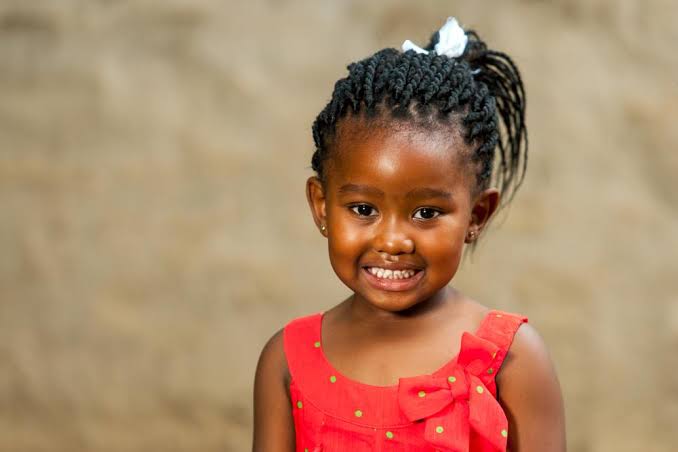On October 11th, Nigeria, like the rest of the world, observes the International Day of the Girl Child, a day dedicated to recognizing the unique challenges and opportunities that girls face. In Nigeria, this day holds special significance, as it provides an opportunity to both celebrate the potential of Nigerian girls and assess the policies in place to empower them.
In Nigeria, the International Day of the Girl Child is more than just an observance; it is a nationwide commitment to recognizing and addressing the multifaceted challenges faced by girls. These challenges include limited access to quality education, early marriages, healthcare disparities, gender-based violence, and economic vulnerabilities. The day serves as a reminder to advocate for the rights and empowerment of girls in the country.
President Bola Ahmed Tinubu, has implemented various policies that aim to empower the girl child. These policies align with the United Nations’ Sustainable Development Goals (SDGs).
The International Day of the Girl Child in Nigeria underscores the importance of empowering girls to ensure the nation’s future progress and prosperity. While President Bola Ahmed Tinubu’s policies are a significant step in the right direction, the empowerment of Nigerian girls is a shared responsibility that involves government, civil society, and the global community.
The International Day of the Girl Child in Nigeria serves as a crucial reminder of the challenges faced by girls and the policies in place to empower them. President Bola Ahmed Tinubu’s commitment to addressing these challenges highlights the importance of prioritizing girls’ rights and opportunities. By continuing to invest in their well-being and potential, Nigeria is on the path to a more equitable and prosperous future for all.

